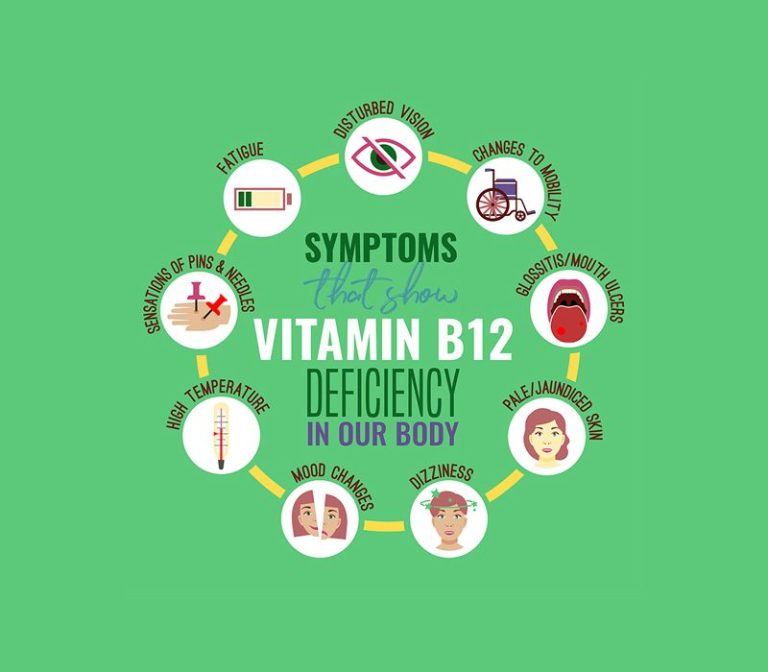The Role of Vitamin B12 Injections in Primary Care in the UK

Introduction
Vitamin B12, also known as cobalamin, is an essential nutrient that plays a vital role in various bodily functions, including red blood cell formation, neurological function, and DNA synthesis. Despite its importance, Vitamin B12 deficiency is relatively common, especially among older adults, vegetarians, and individuals with certain medical conditions. In the UK, primary care providers frequently administer Vitamin B12 injections to address this deficiency and improve patient health outcomes.
The Importance of Vitamin B12
Vitamin B12 is crucial for maintaining healthy nerve cells and supporting the production of genetic material in cells. A deficiency can lead to a range of health issues, including fatigue, weakness, constipation, loss of appetite, and neurological problems such as numbness and tingling in the hands and feet. It can also cause megaloblastic anaemia, a condition where red blood cells are larger than normal and not fully developed, leading to insufficient oxygen transport throughout the body.
An Essential Treatment for Deficiency
Want to know more? Join us on one of our webinars BOOK HERE
For further information about our courses please contact us
Dovetail Team

Causes of Vitamin B12 Deficiency
There are several factors that can contribute to Vitamin B12 deficiency:
Dietary Insufficiency: Individuals who follow vegetarian or vegan diets may not consume enough Vitamin B12, as it is primarily found in animal products such as meat, dairy, and eggs.
Malabsorption: Conditions such as pernicious anaemia, Crohn's disease, and celiac disease can impair the body's ability to absorb Vitamin B12 from food.
Medications: Certain medications, such as proton pump inhibitors and metformin, can interfere with Vitamin B12 absorption.
Age: As people age, their ability to absorb Vitamin B12 can diminish, leading to deficiency.

Diagnosing Vitamin B12 Deficiency
Primary Care providers in the UK diagnose Vitamin B12 deficiency through clinical evaluation and blood tests. Symptoms such as fatigue, pallor, and neurological abnormalities may prompt a healthcare provider to investigate further. Blood tests measuring levels of Vitamin B12, methylmalonic acid (MMA), and homocysteine can confirm the diagnosis. Low levels of Vitamin B12 and elevated MMA and homocysteine levels are indicative of deficiency.
Treatment with Vitamin B12 Injections
Vitamin B12 injections are a common and effective treatment for deficiency, especially in cases where oral supplementation is insufficient or not feasible. The injections deliver the nutrient directly into the bloodstream, bypassing any absorption issues in the digestive tract.
Administration and Dosage
Vitamin B12 injections are typically administered intramuscularly, often in the deltoid muscle or gluteal region. The dosage and frequency of injections depend on the severity of the deficiency and the patient's response to treatment. A common regimen involves initial loading doses followed by maintenance injections:
Loading Dose: Patients may receive several injections over the course of several weeks to rapidly increase Vitamin B12 levels.
Maintenance Dose: Once levels are restored, patients may receive injections every few months to maintain adequate Vitamin B12 status.
Benefits and Expected Outcomes
Vitamin B12 injections can lead to significant improvements in symptoms and overall health. Patients often report increased energy, improved mood, and resolution of neurological symptoms. Regular monitoring of Vitamin B12 levels ensures that the treatment remains effective and adjustments can be made as needed.
Considerations and Precautions
While Vitamin B12 injections are generally safe, there are some considerations and precautions to keep in mind:
Allergic Reactions: Although rare, some patients may experience allergic reactions to the components of the injection.
Side Effects: Mild side effects such as pain at the injection site, dizziness, or headache may occur.
Monitoring: Regular follow-up appointments and blood tests are essential to ensure the efficacy of the treatment and to adjust dosages if necessary..

Conclusion
Vitamin B12 injections play a critical role in addressing deficiency and improving patient health in primary care settings in the UK. By providing a direct and effective method of supplementation, healthcare providers can help patients overcome the challenges associated with Vitamin B12 deficiency and enhance their quality of life. Regular monitoring and personalized treatment plans ensure that patients receive the optimal care needed to maintain adequate Vitamin B12 levels and support overall health.
We need your consent to load the translations
We use a third-party service to translate the website content that may collect data about your activity. Please review the details in the privacy policy and accept the service to view the translations.
